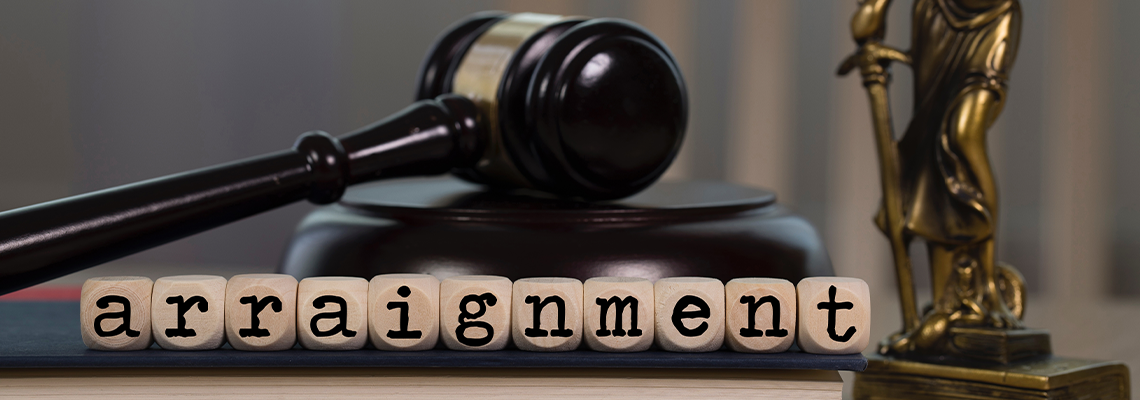
What to Expect at Your Arraignment
Arraignment is the court process that directly follows an arrest for a criminal charge due to the Constitution’s guarantee of a “speedy trial.” In Texas, that is typically three days or so after the charge is levied unless certain circumstances expedite the process.
If you or a loved one is facing a criminal charge and awaiting arraignment in or around the Dallas-Fort Worth area, contact us at The Torres Law Firm. We will explain the process to you and prepare you for what’s going to happen at arraignment. If you have questions, we have answers. Our criminal defense attorneys will aggressively protect your rights and make sure you’re fully prepared for every step of the legal process. We also proudly serve clients in Corpus Christi, Texas.
What Is Arraignment?
If you’ve been charged with a crime, you will no doubt be informed that you will appear before a judge to begin the pre-trial process. The Texas Code of Criminal Procedure describes this process in one sentence, “An arraignment takes place for the purpose of fixing his identity and hearing his plea.”
In other words, an arraignment establishes the identity of the defendant and also hears his or her plea, which makes it sound fairly straightforward, but a few more matters are addressed as well, to be discussed below.
When Does an Arraignment Take Place?
The Code of Criminal Conduct also answers this rather succinctly: “No arraignment shall take place until the expiration of at least two entire days after the day on which a copy of the indictment was served on the defendant, unless the right to such copy or to such delay be waived, or unless the defendant is on bail.”
In actual practice, arraignments in Texas often get held within 72 hours of arrest. If the defendant posts a bond, however, sometimes the arraignment will be delayed for a few weeks. The Code also gives the defendant the right to waive the “two entire days” stipulation.
What Happens During an Arraignment?
An arraignment is the first step in the pre-trial process of bringing a criminal charge against an individual. The judge receives the indictment from prosecutors, and the first step is to establish the identity of the defendant.
The judge then informs the defendant of their rights. Those rights under the Constitution include the right to a public defender and also the right to choose a private practice defense attorney of your own. If the defendant waives the right to counsel, then the judge may decide to appoint a counsel to act as amicus curiae to represent the accused’s rights.
If there is bail involved, the judge will review that to affirm or deny its appropriateness. The final step is to hear the pleading of the accused—not guilty, guilty or nolo contendere (no contest). A guilty plea is often entered when there is a plea bargain on the table from the prosecutors, or one that has been arranged by defense counsel with prosecutors.
Do I Need an Attorney?
An experienced criminal defense attorney can, at the minimum, protect you as the defendant from saying things or agreeing to proposals or suggestions that can come back to haunt you. You should heed the Miranda Rights warning that advises, “Anything you say can and will be used against you.” Retain legal counsel before answering any questions. If a charge results and arraignment looms, work with your attorney on how to act during the hearing and how to plead.
Navigate the Arraignment Process With Confidence
At The Torres Law Firm, we will protect your rights from the moment you retain our criminal defense services. This includes preparing you for arraignment, so you fully know what to expect and can act confidently before the judge and assert your rights. Contact us immediately after your arrest and let’s work together for the best possible outcome in your situation.

